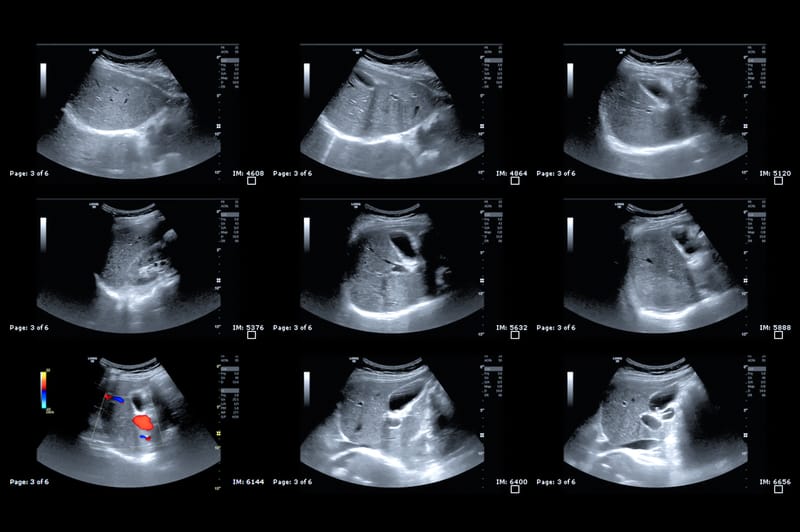Liver disease in pregnancy

Liver Diseases in Pregnancy: A Patient Education Guide
Liver diseases during pregnancy can include conditions unique to pregnancy or pre-existing or other unrelated liver disorders. Proper diagnosis and management are essential for the health of both the mother and the baby.
Types of Liver Diseases in Pregnancy:
- Pregnancy-Specific Liver Diseases:
- Intrahepatic Cholestasis of Pregnancy (ICP): A condition causing severe itching and increased bile acids.
- HELLP Syndrome: A severe complication involving Hemolysis, Elevated Liver Enzymes, and Low Platelets.
- Acute Fatty Liver of Pregnancy (AFLP): A rare but serious condition causing liver dysfunction.
- Pre-existing Liver Diseases:
- Chronic hepatitis (e.g., Hepatitis B or C)
- Cirrhosis or liver fibrosis.
- Other Liver Conditions:
- Gallstones or biliary diseases.
Why is it Important?
- Liver diseases can lead to complications such as preterm labor, growth restriction in the baby, or maternal liver failure or death, if not properly managed.
- Early diagnosis and treatment can significantly reduce risks.
Symptoms to Watch For:
- Severe itching, especially on the hands and feet.
- Jaundice (yellowing of the skin or eyes).
- Persistent nausea or vomiting.
- Upper right abdominal pain.
- Fatigue and weakness.
- Unusual bruising or bleeding.
Do's and Don'ts for Managing Liver Diseases in Pregnancy
Do's:
- Attend Regular Check-ups: Regular monitoring of liver function tests and bile acid levels.
- Report Symptoms Immediately: Notify your doctor about itching, yellow discoloration of eyes, or abdominal pain.
- Follow a Healthy Diet: Include nutrient-dense foods and avoid fatty, processed meals.
- Take Medications as Prescribed: Use only medications approved by your healthcare provider.
- Consider Fetal Monitoring: Regular ultrasounds and non-stress tests to monitor baby’s health.
Don'ts:
- Avoid Alcohol: Alcohol can worsen liver damage.
- Do Not Self-Medicate: Over-the-counter drugs and supplements may harm the liver.
- Limit Fatty Foods: High-fat diets can exacerbate liver conditions.
- Avoid Skipping Appointments: Timely monitoring is crucial to prevent complications.
- Do Not Delay Emergency Care: Seek help if symptoms worsen.
Medications for Liver Diseases in Pregnancy
For Intrahepatic Cholestasis of Pregnancy (ICP):
- Ursodeoxycholic Acid (UDCA): The main treatment to lower bile acids and relieve itching.
For Hepatitis B:
- Tenofovir: Safe and effective in preventing transmission to the baby.
For Hepatitis C:
- Antiviral treatments (e.g., Sofosbuvir) are generally deferred until after pregnancy unless absolutely necessary.
For Symptom Management:
- Antihistamines (e.g., Chlorpheniramine): May help with itching.
Safe Medications for Breastfeeding Mothers:
- Ursodeoxycholic Acid (UDCA): Safe while breastfeeding.
- Tenofovir: Compatible with breastfeeding for mothers with Hepatitis B.
- Chlorpheniramine: Safe for symptom relief.
When to Seek Emergency Help:
- Severe abdominal pain.
- Confusion or extreme fatigue (possible liver failure).
- Sudden onset of jaundice.
- Uncontrolled bleeding or bruising.
- Reduced fetal movements.
Conclusion:
Liver diseases in pregnancy require close monitoring and collaboration with your healthcare team. Timely diagnosis, appropriate treatments, and lifestyle modifications can help ensure a safe pregnancy and delivery. Always report symptoms promptly and follow medical advice closely.